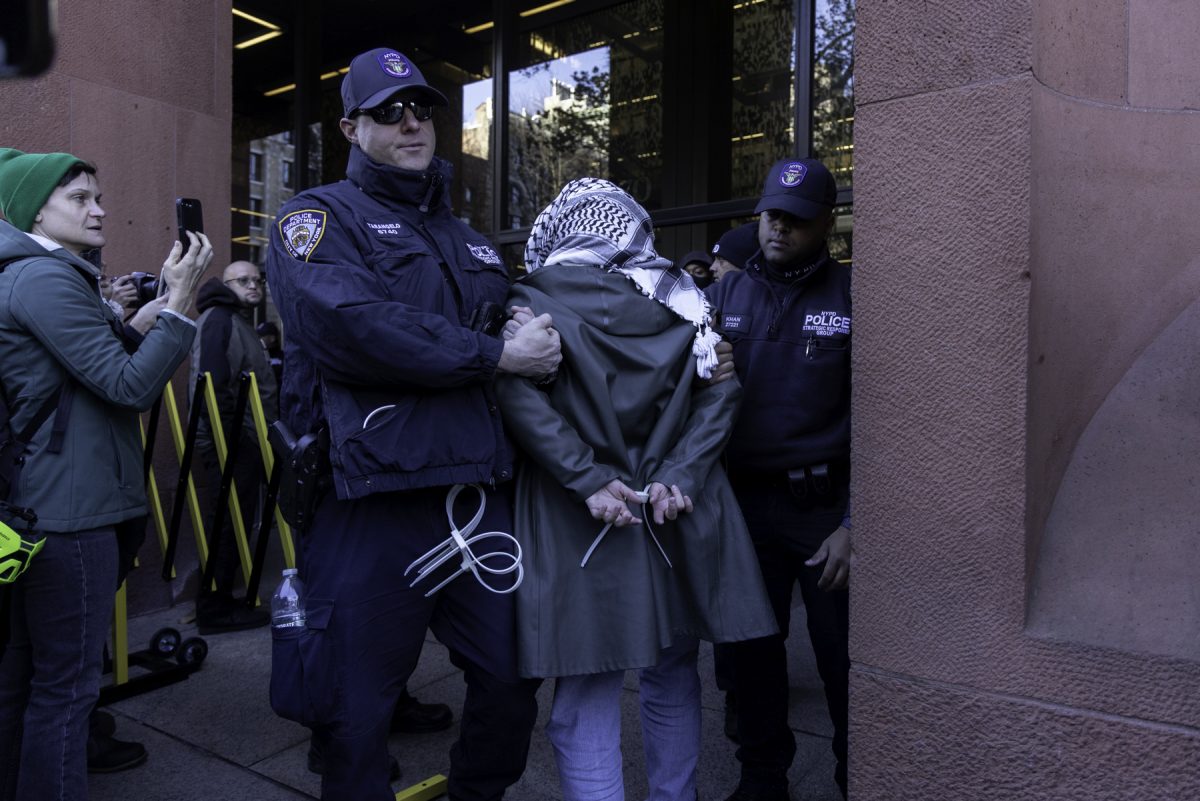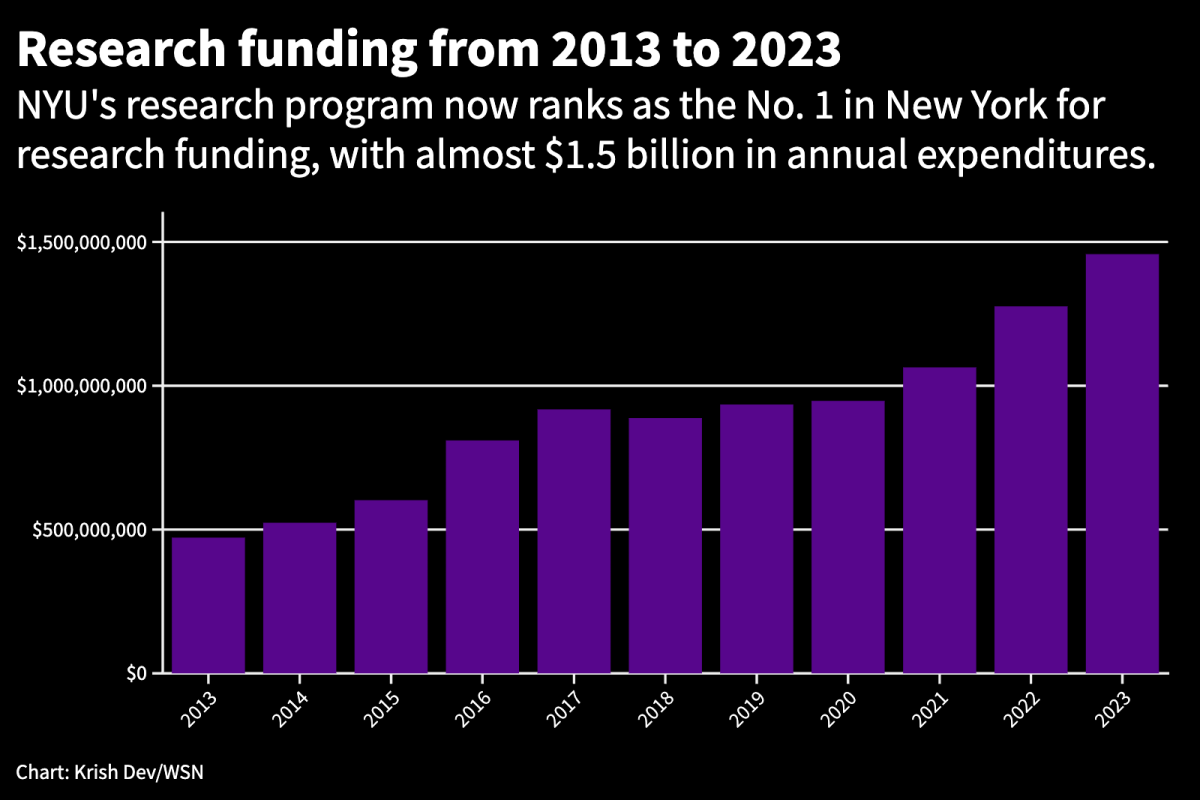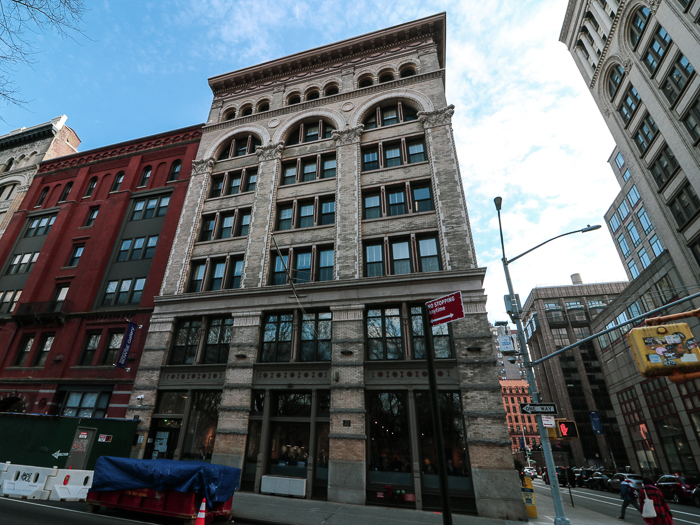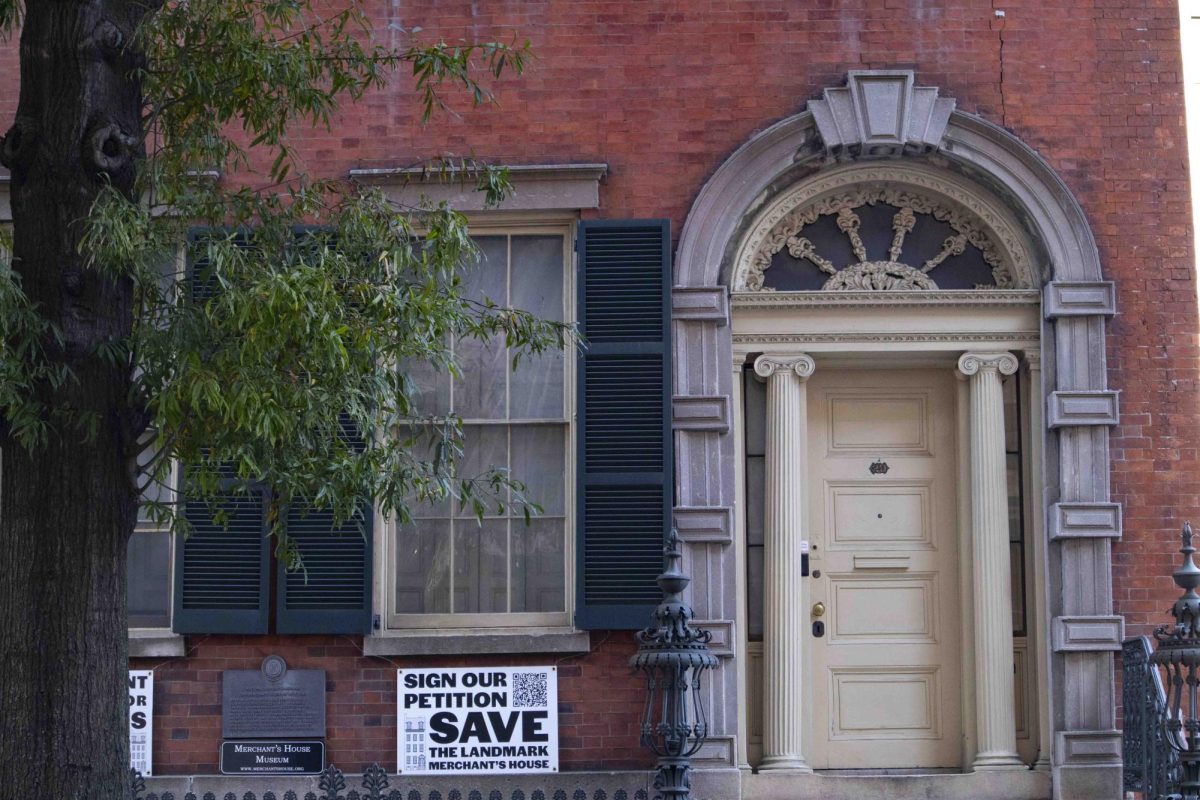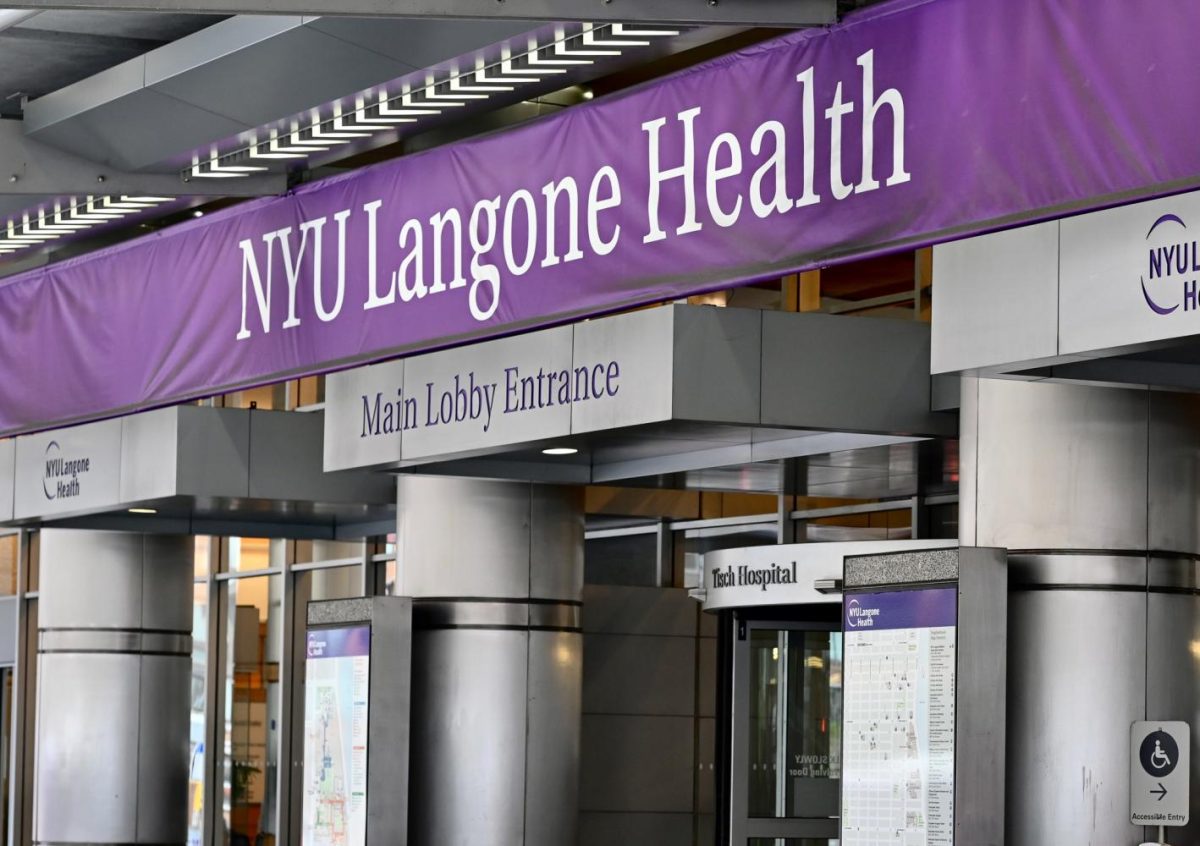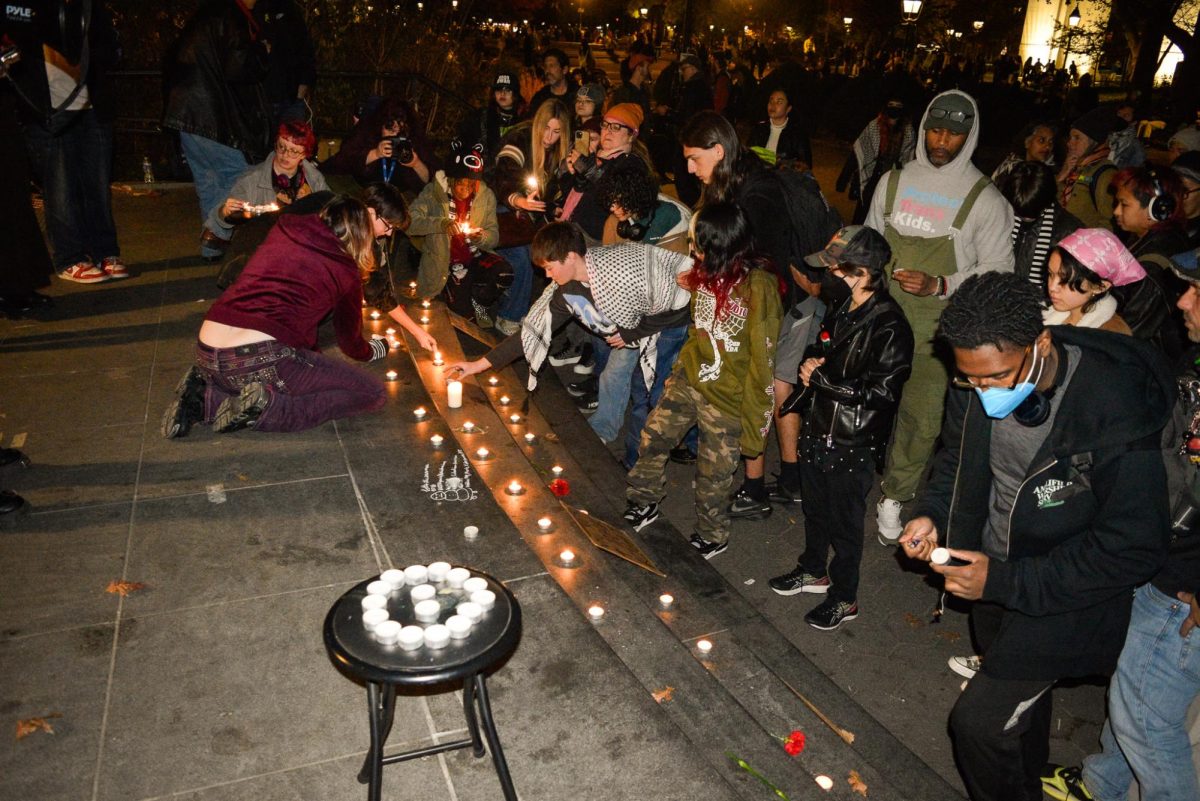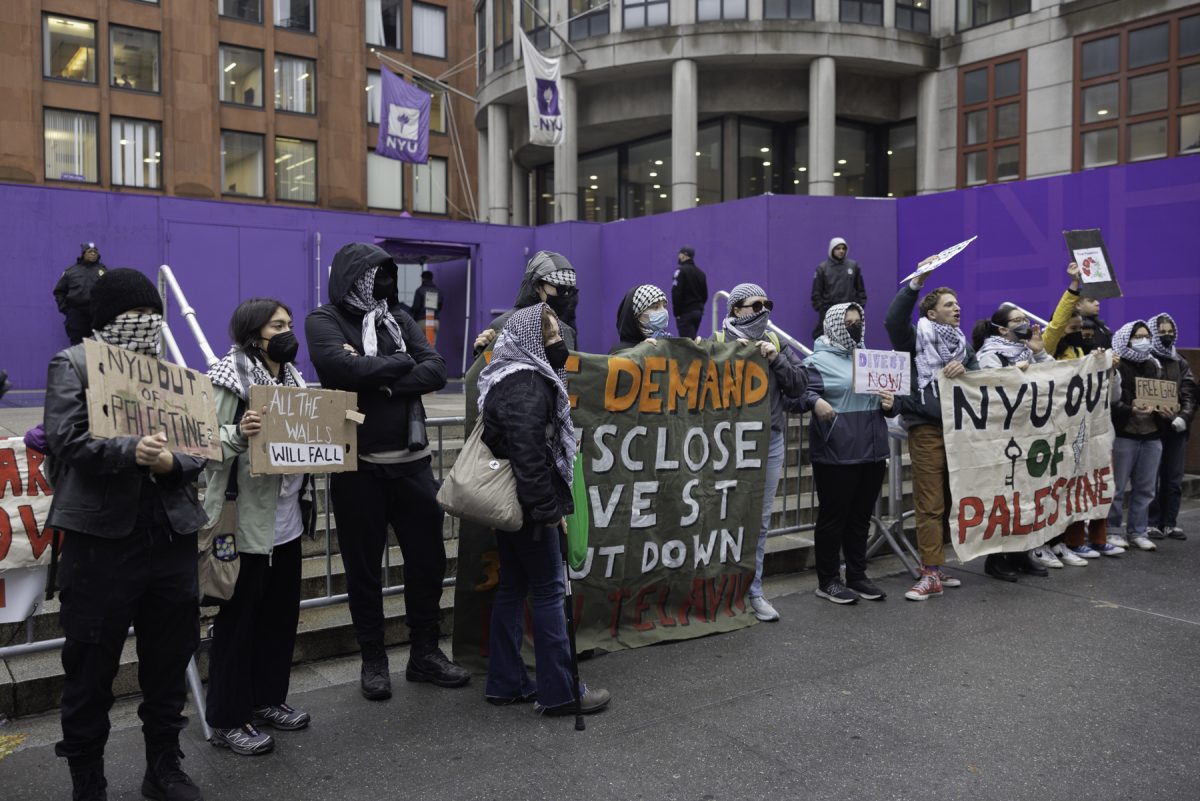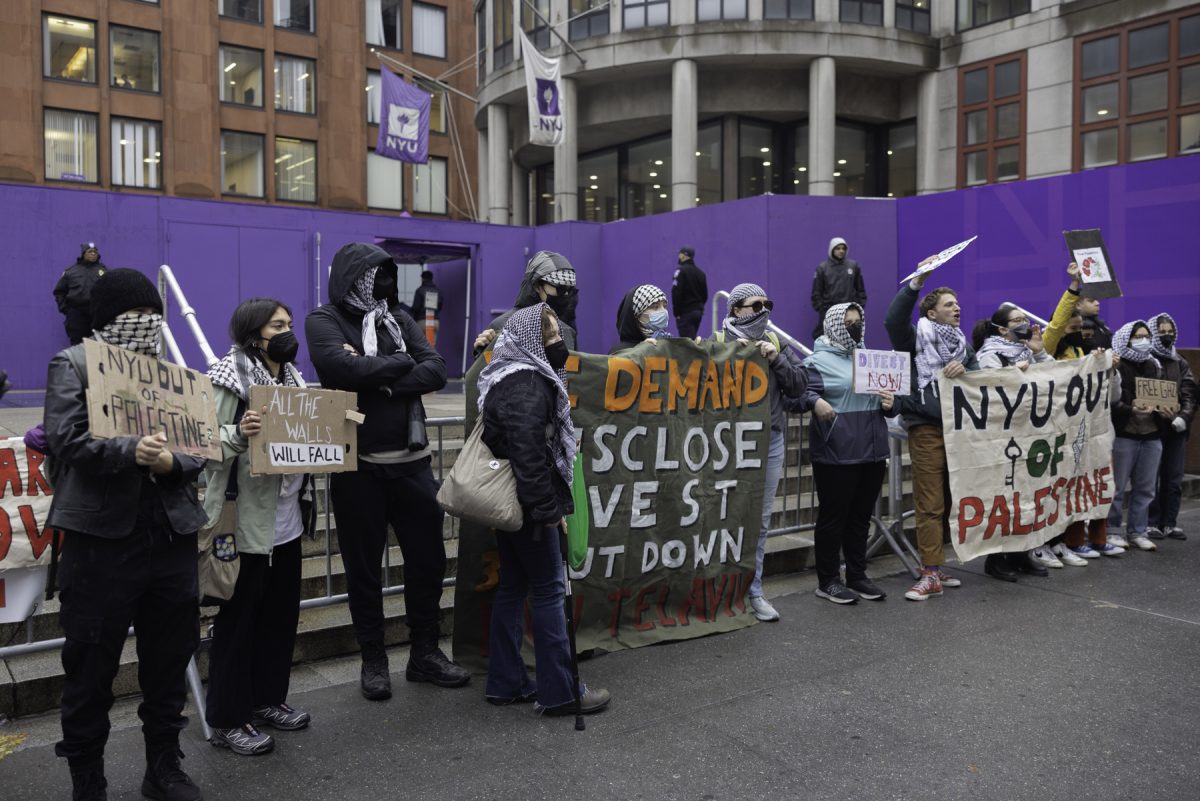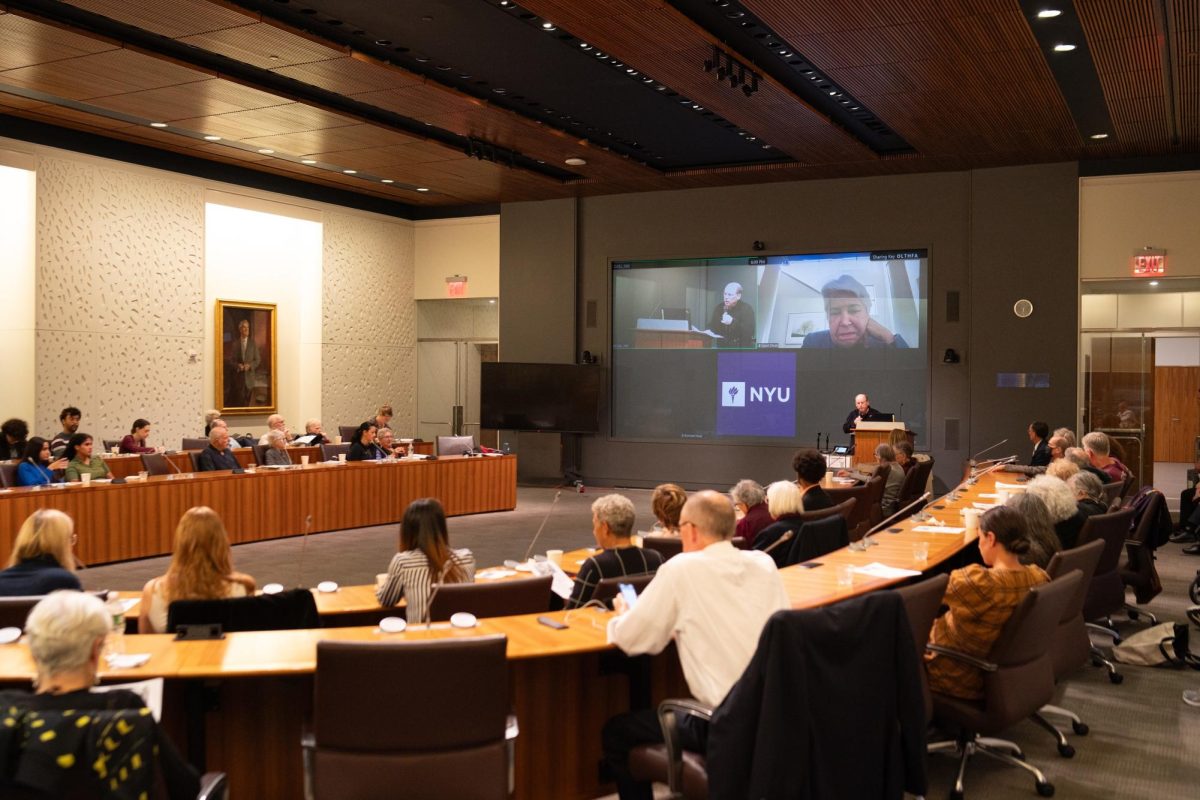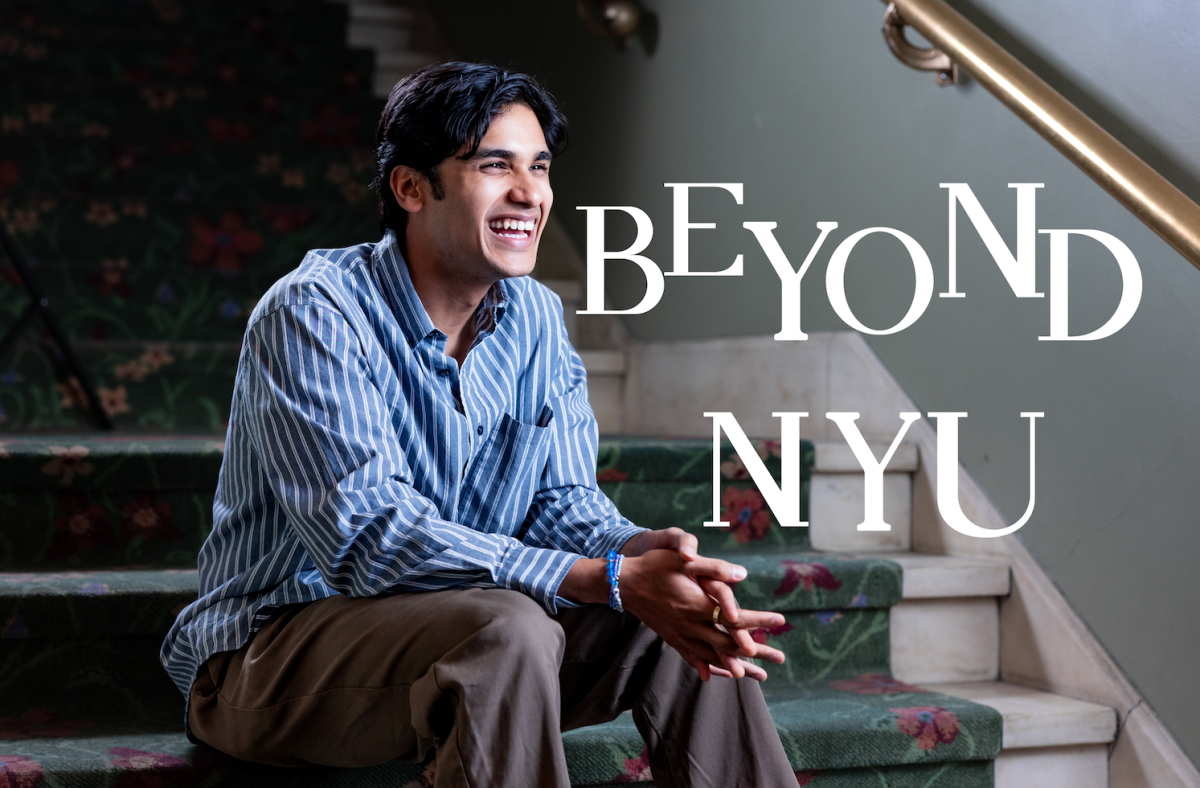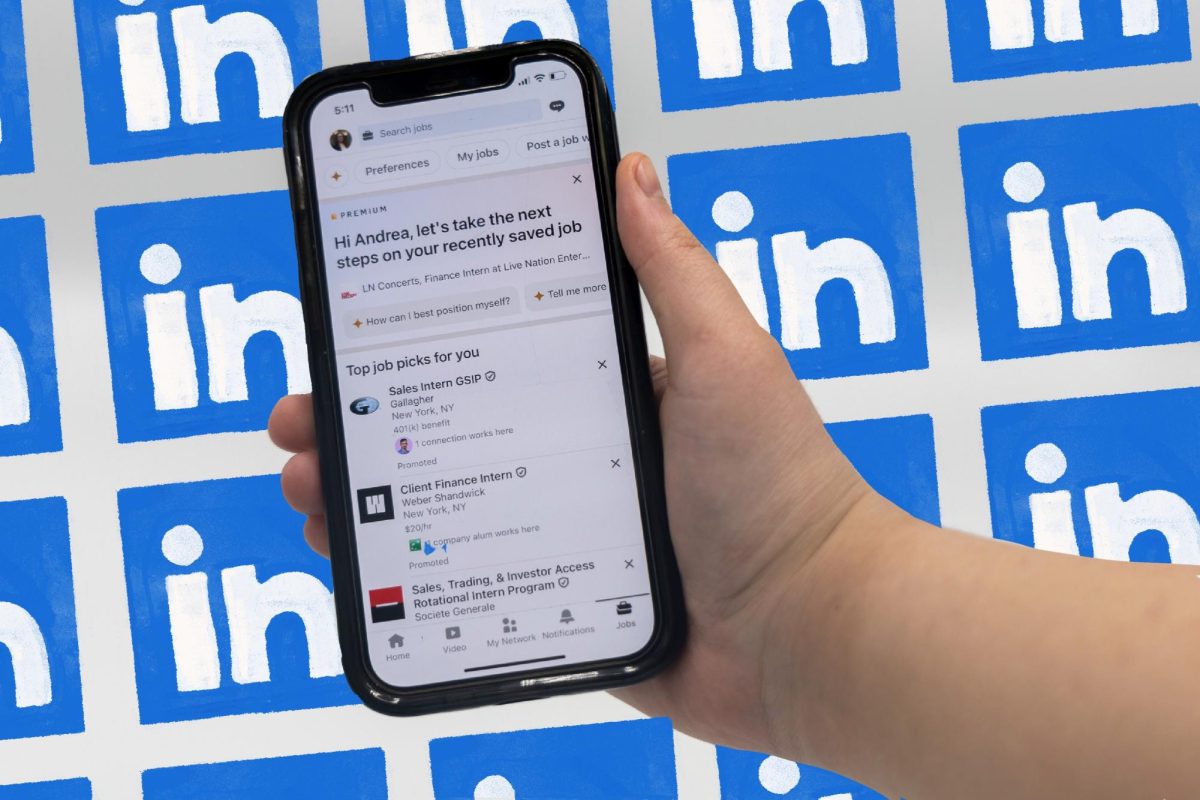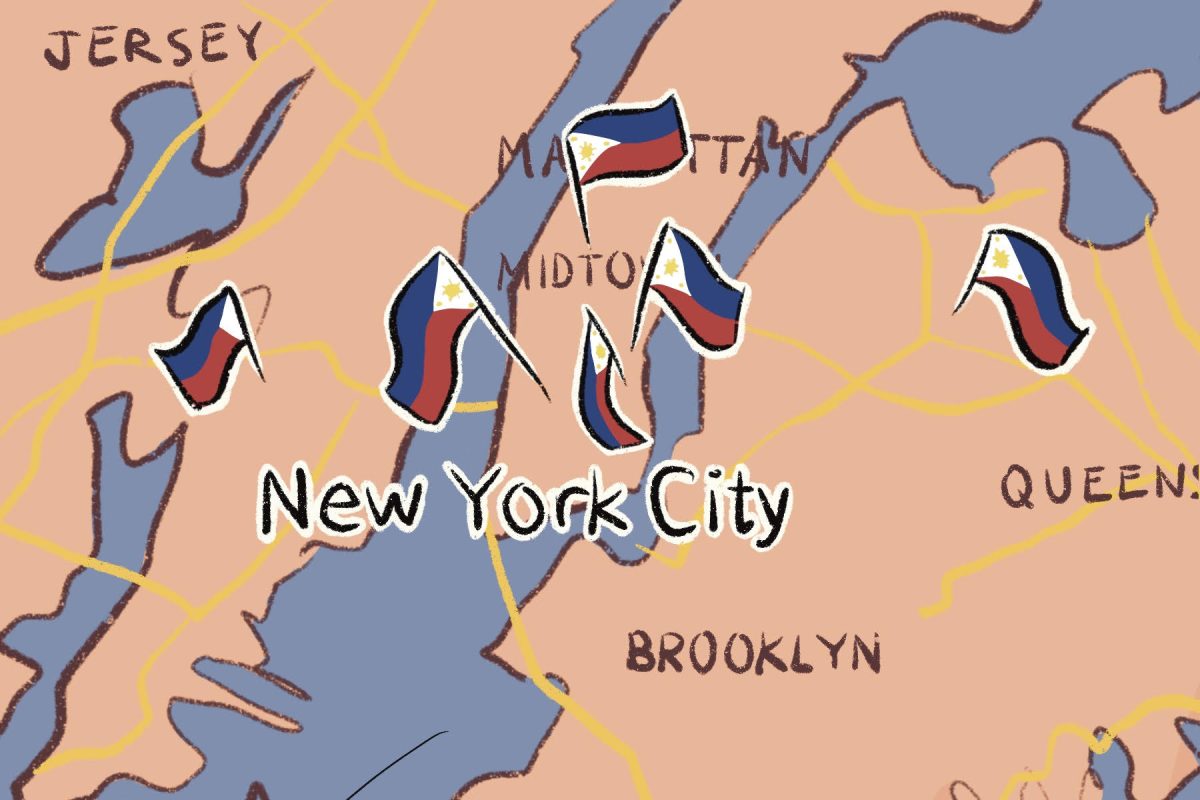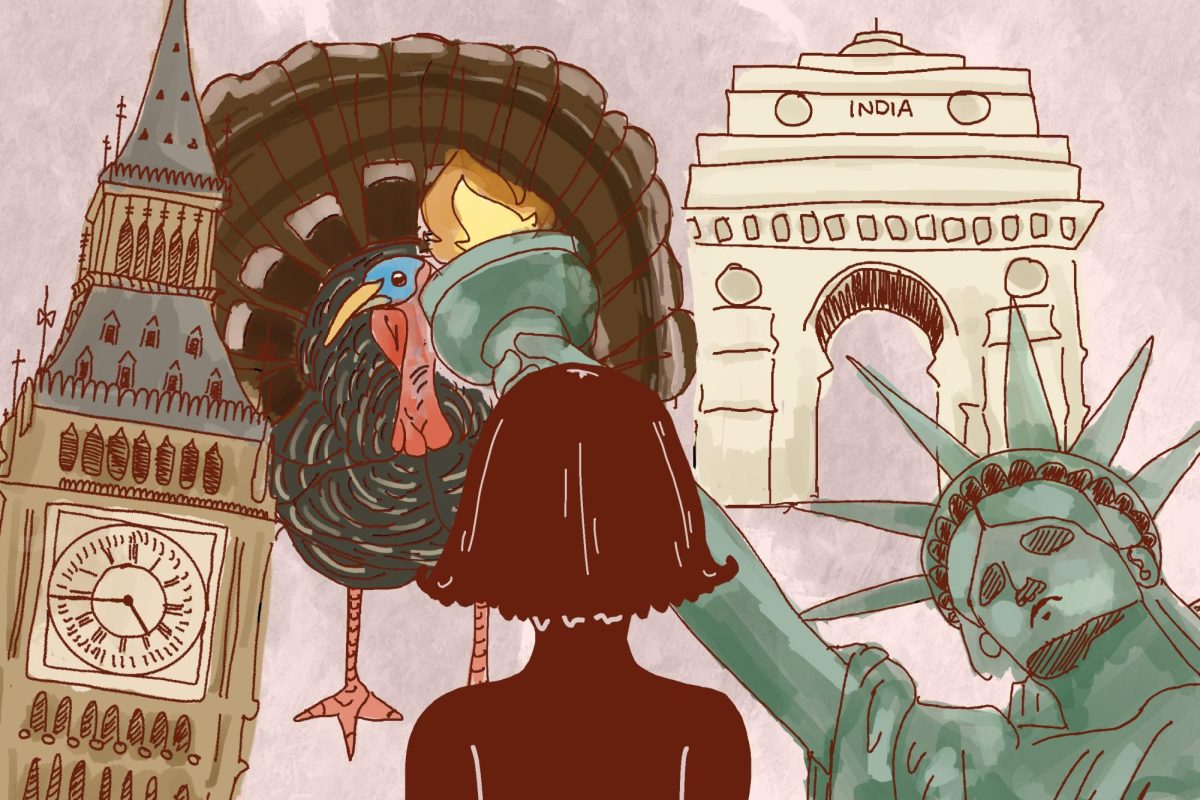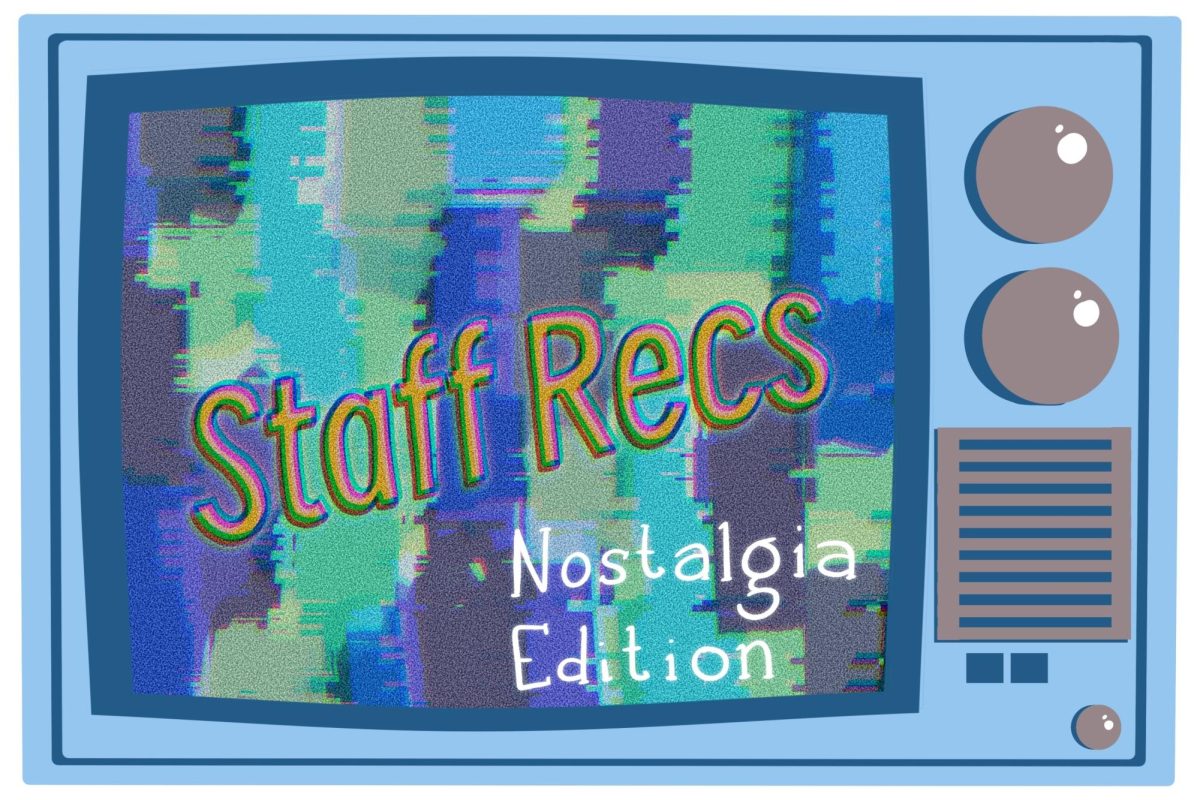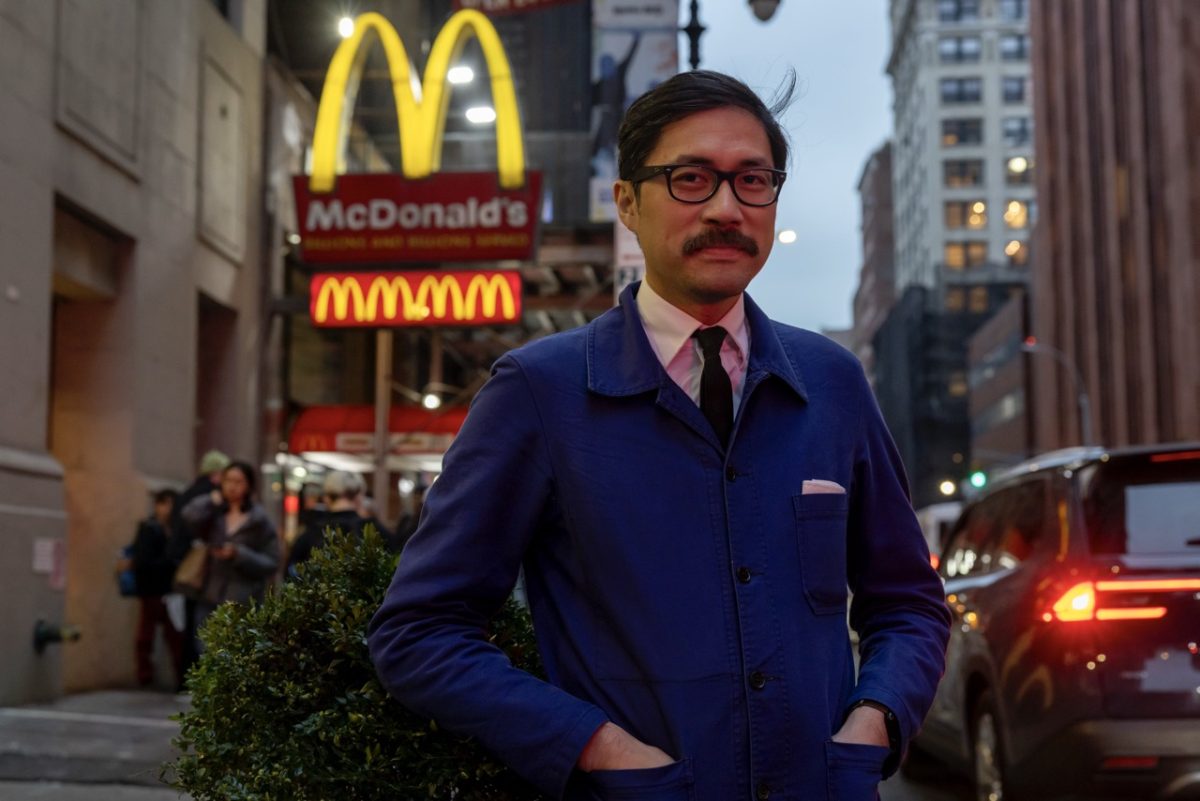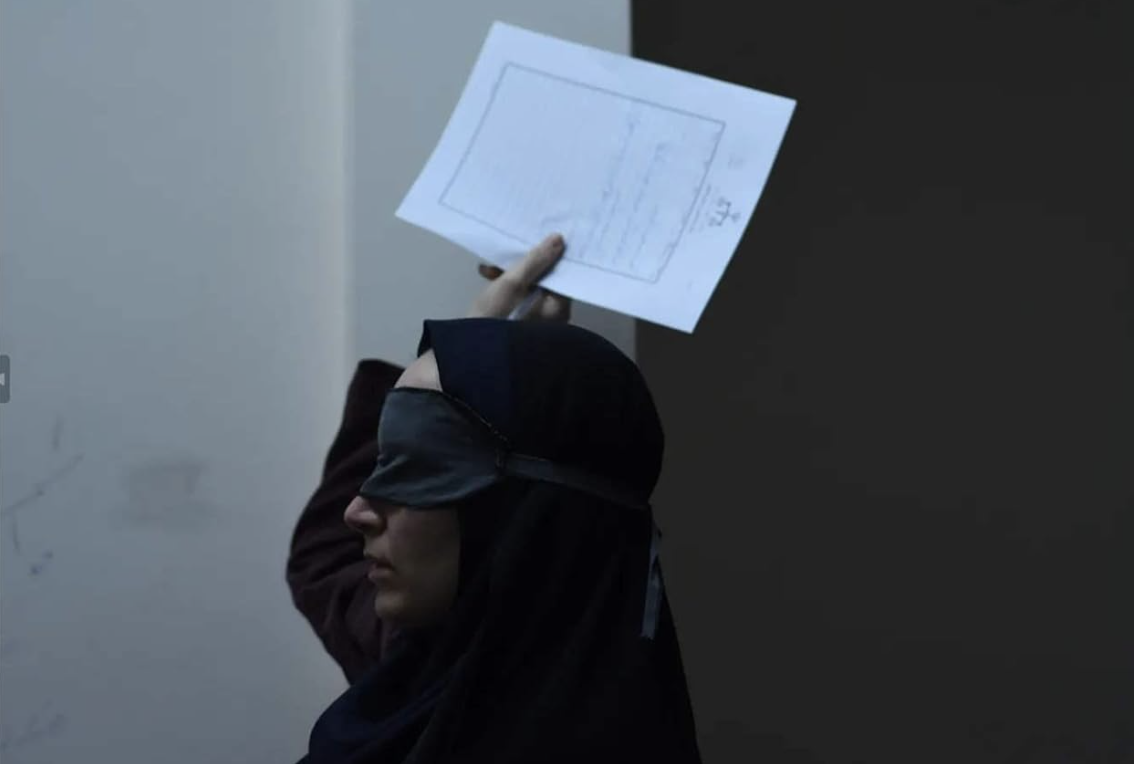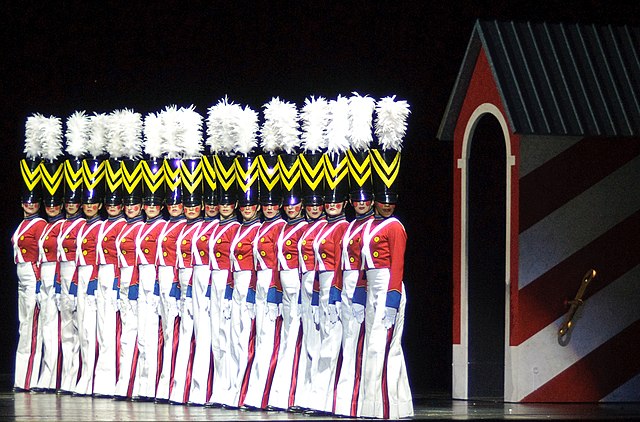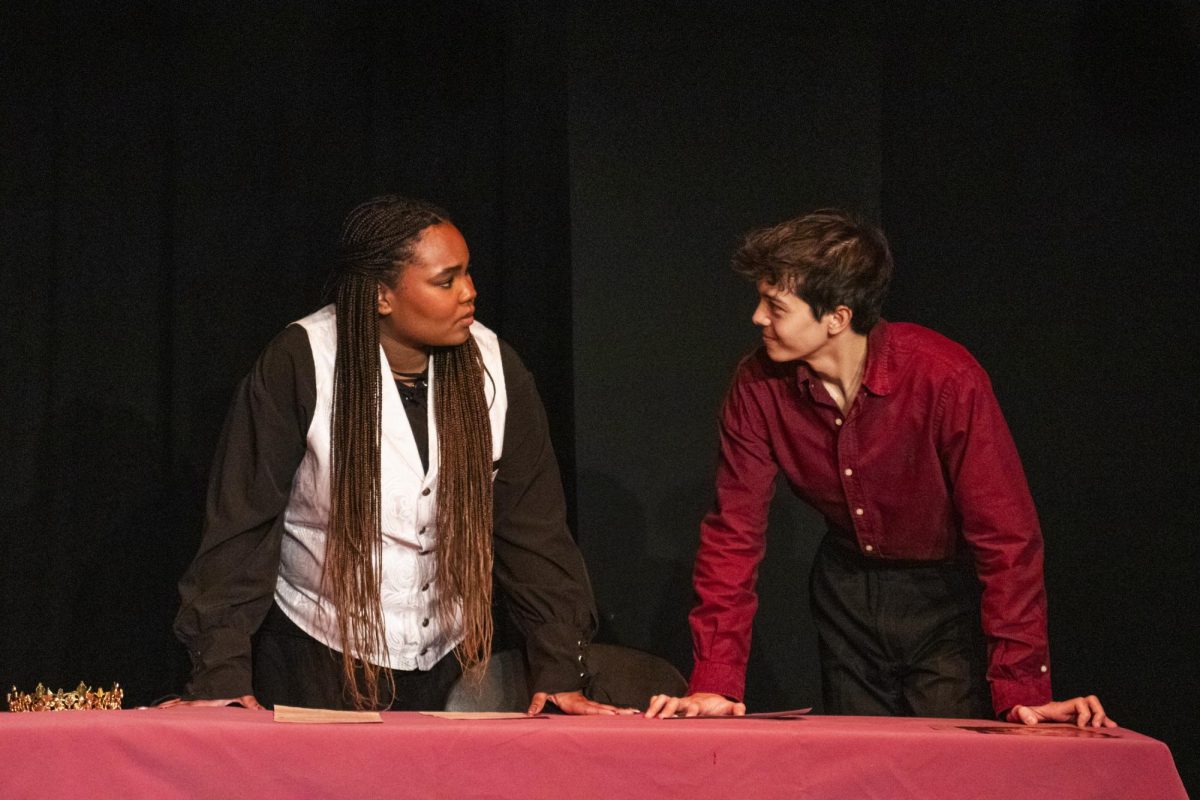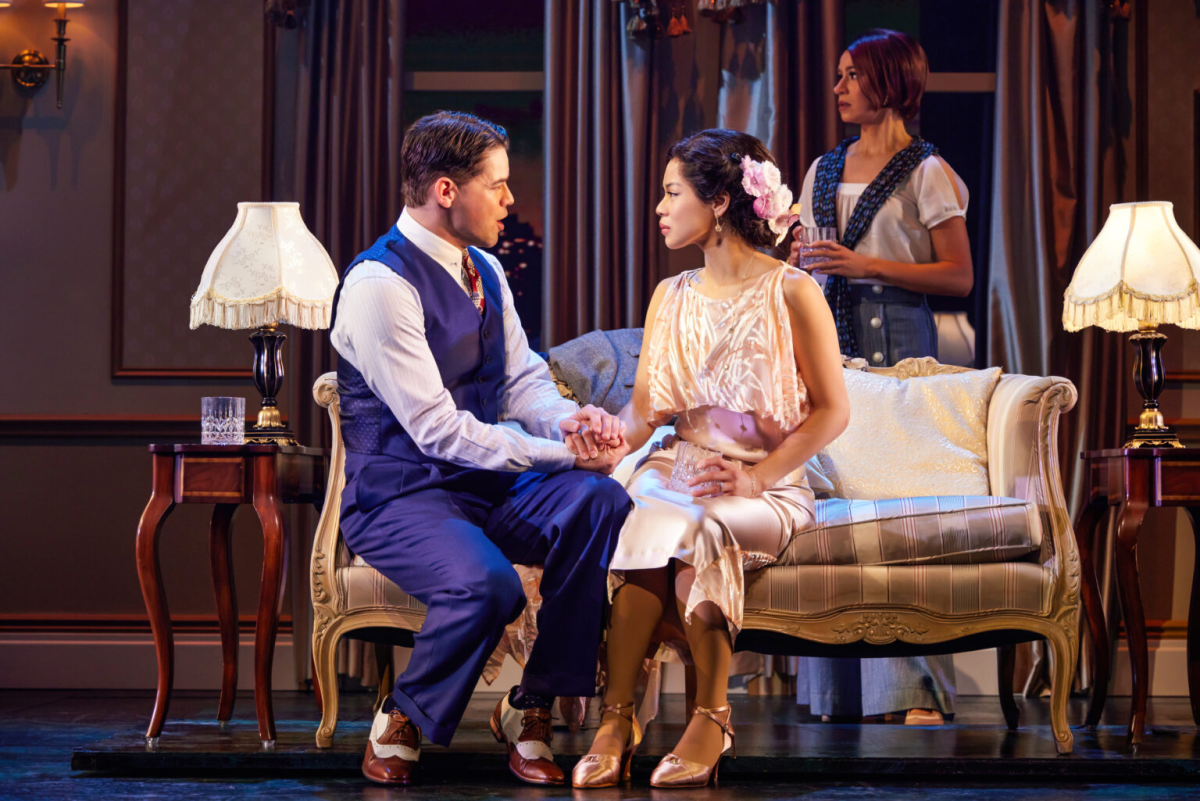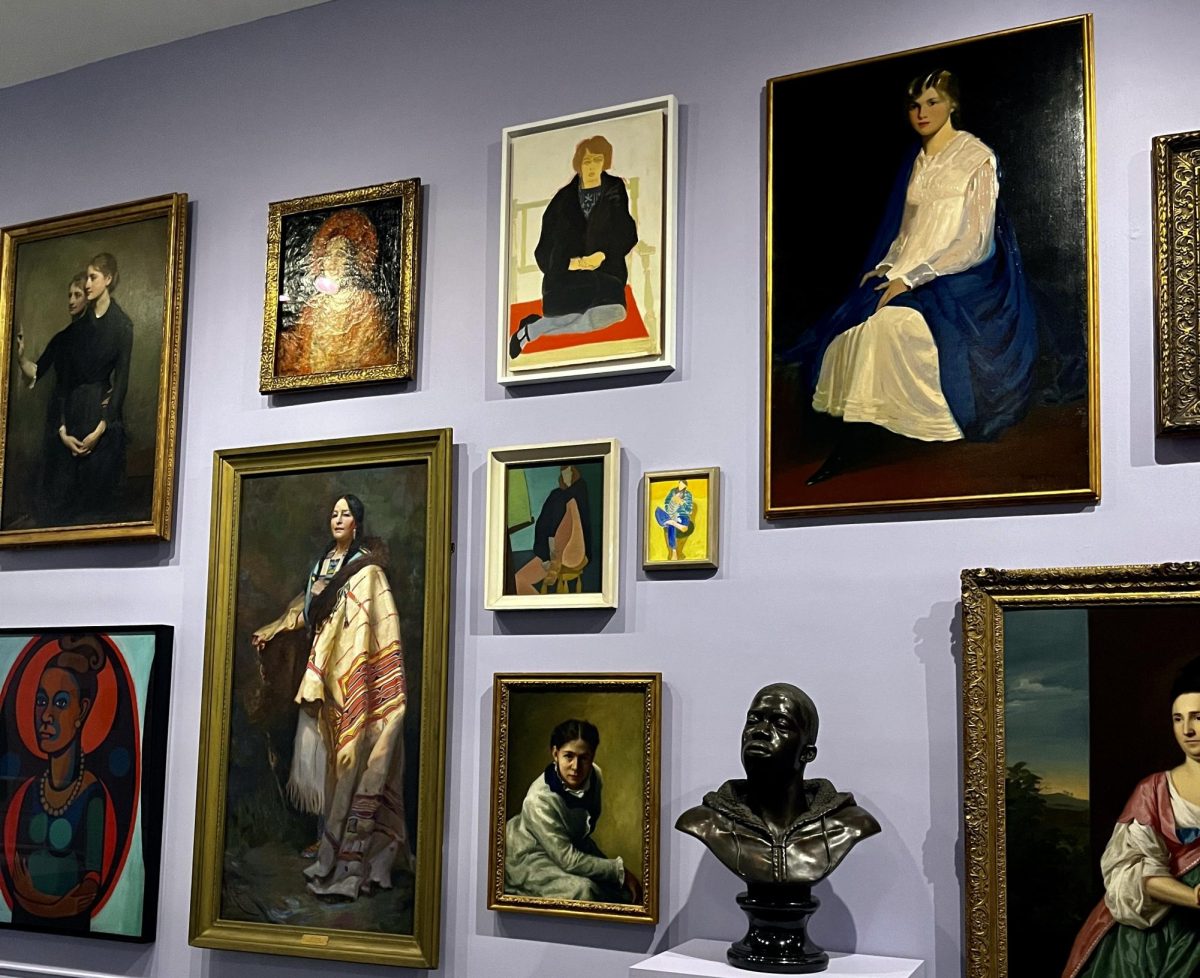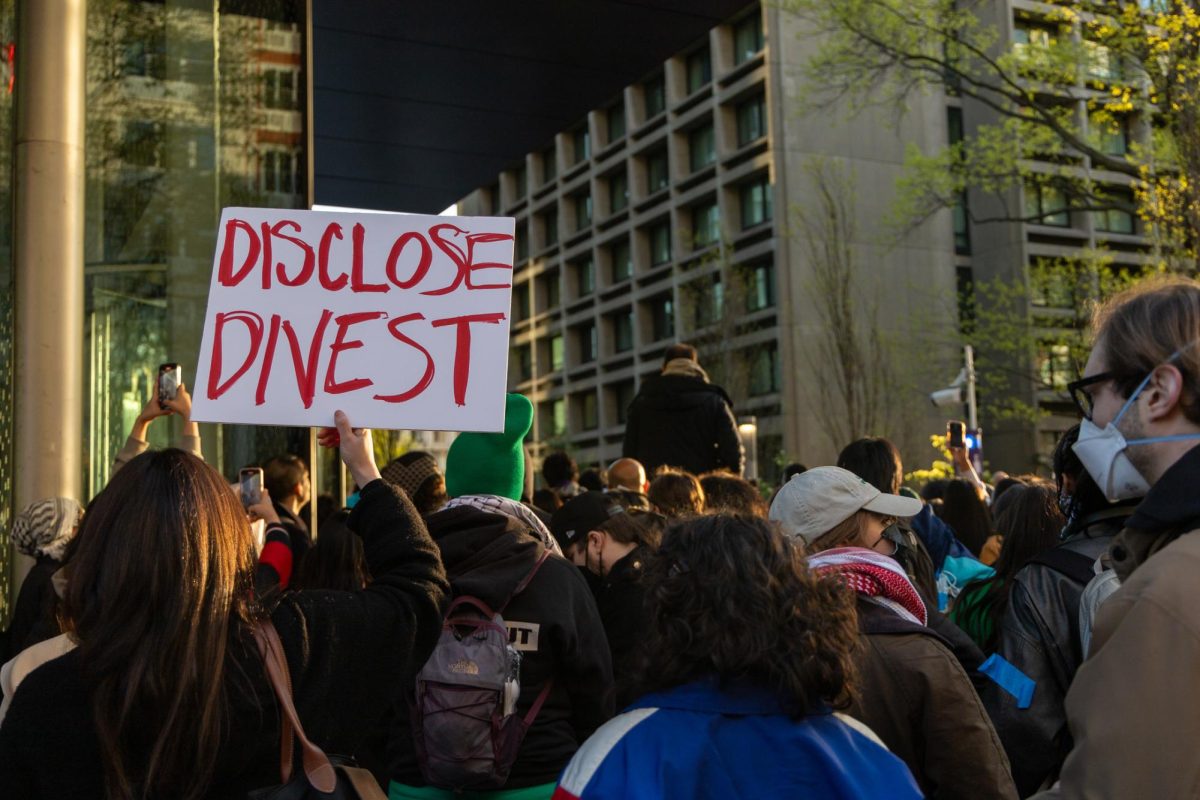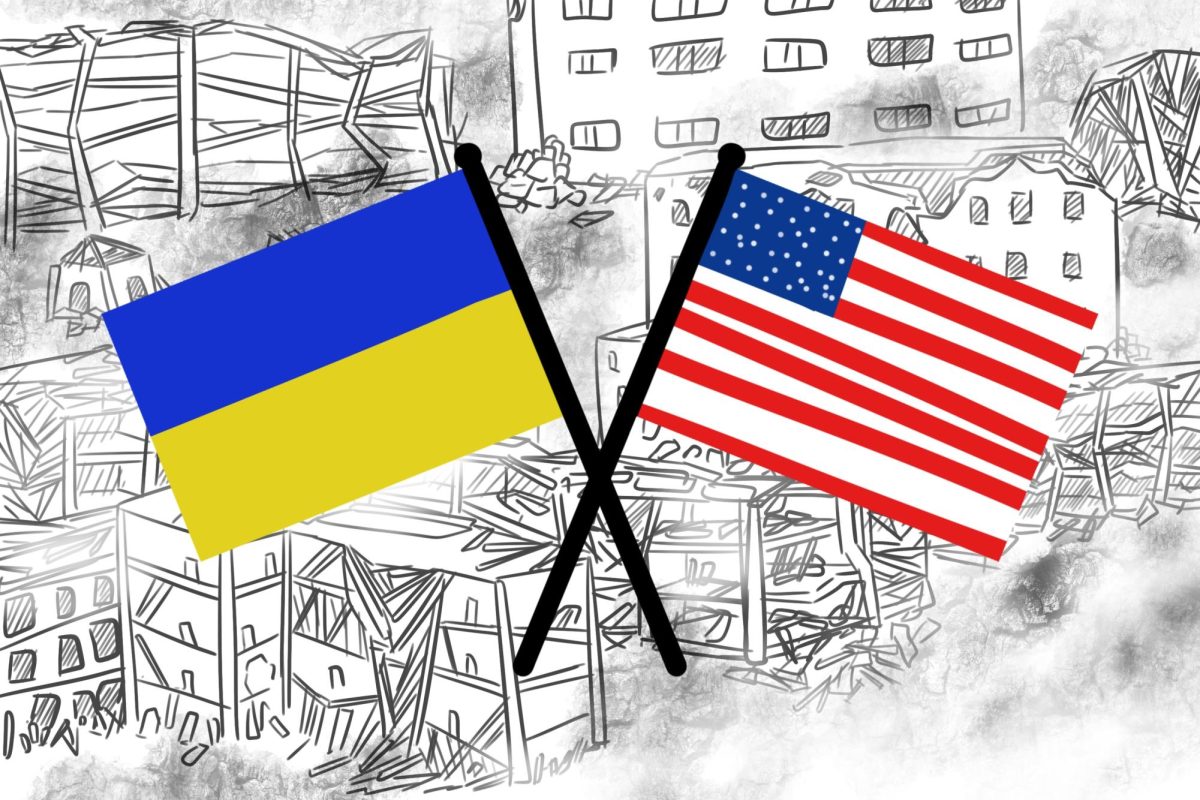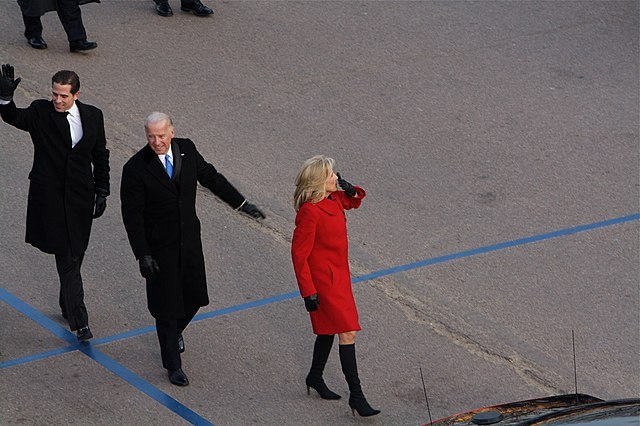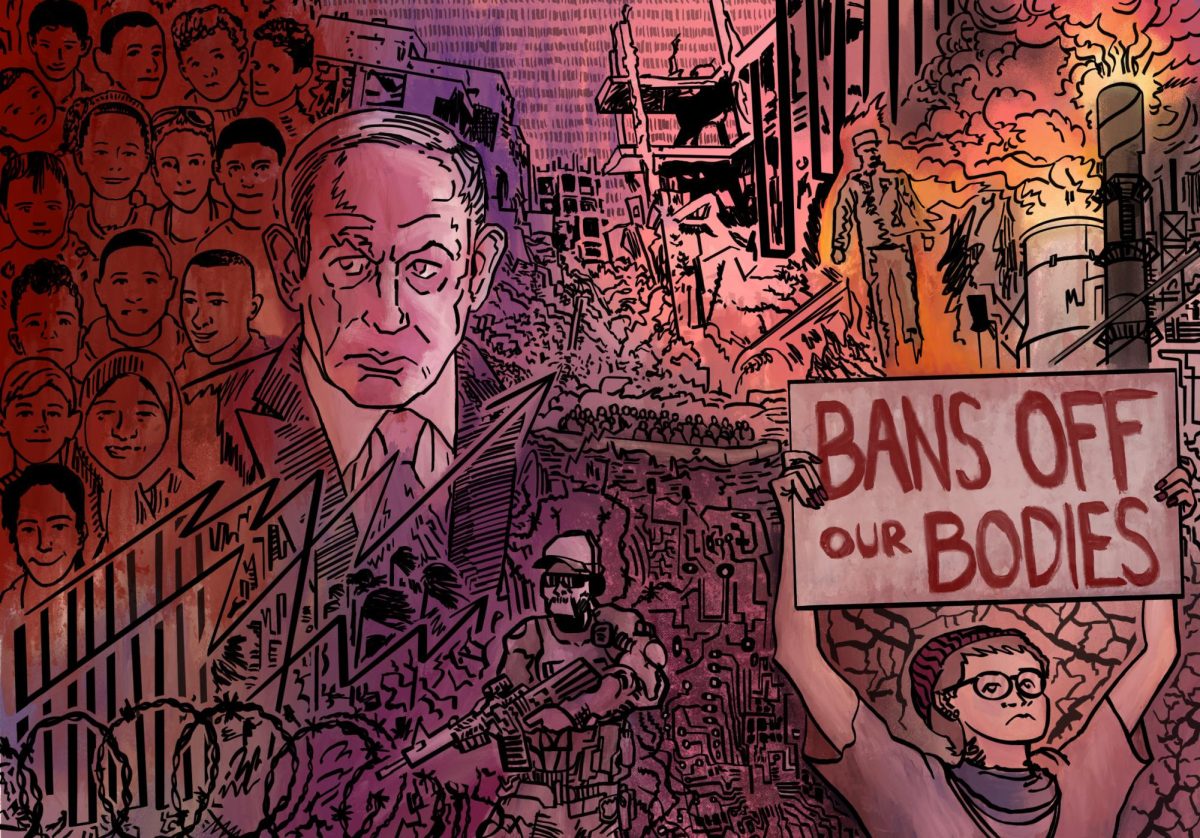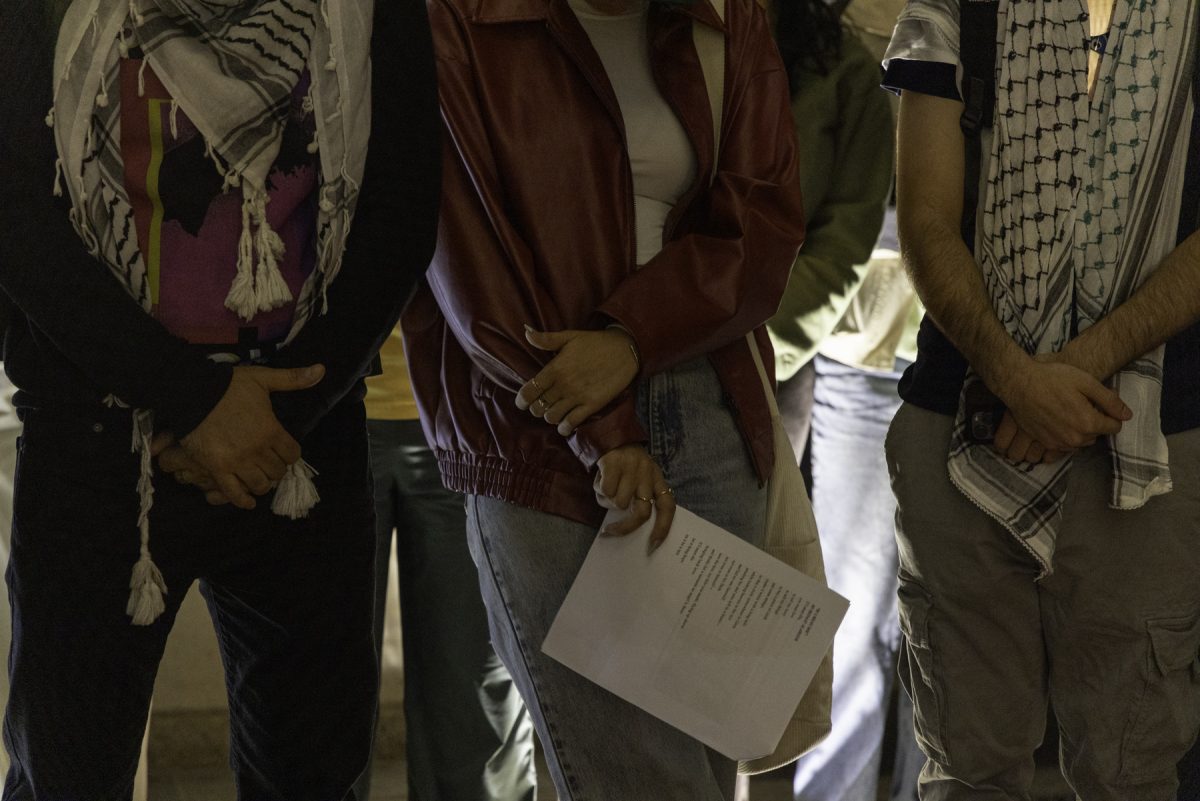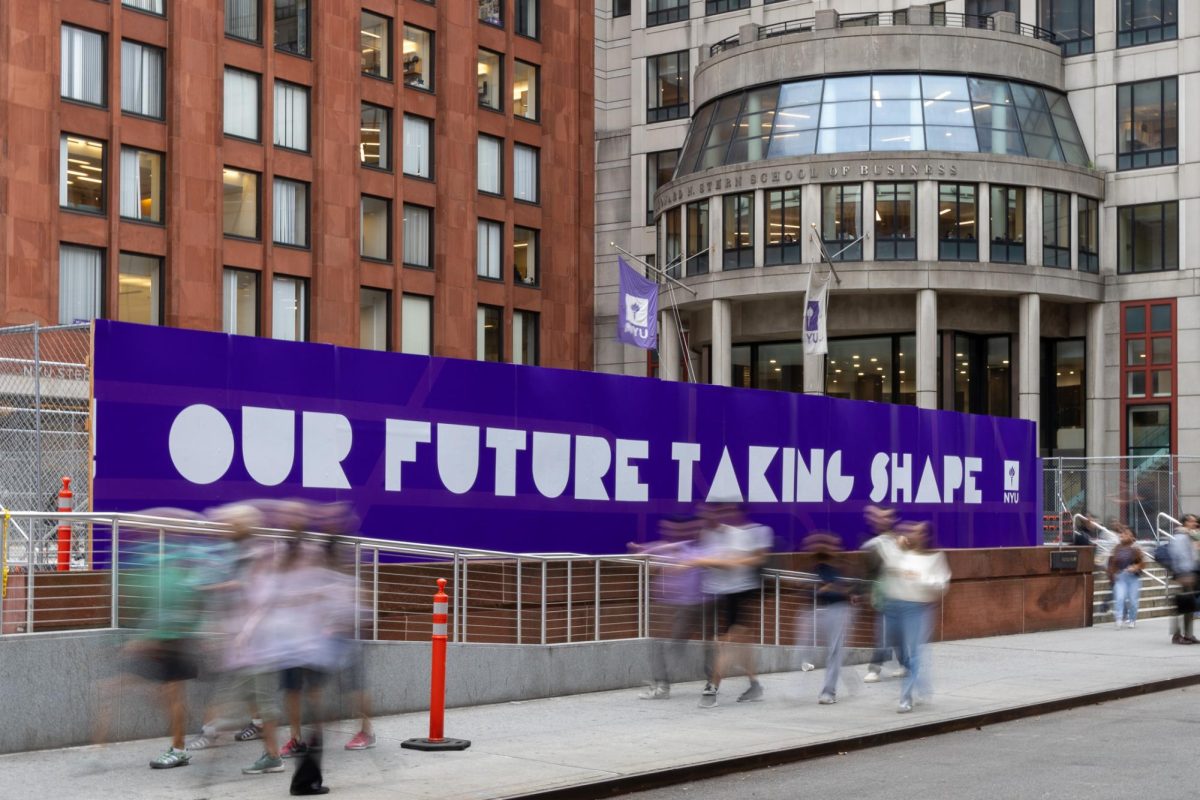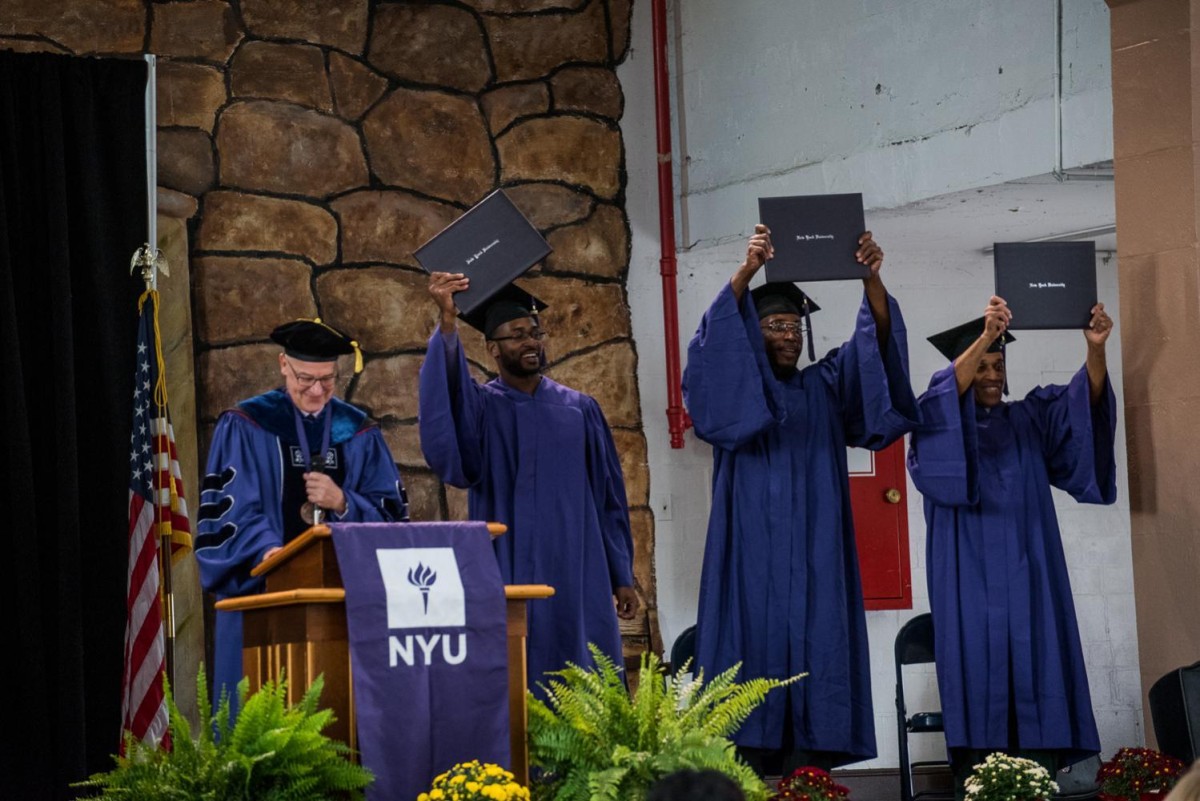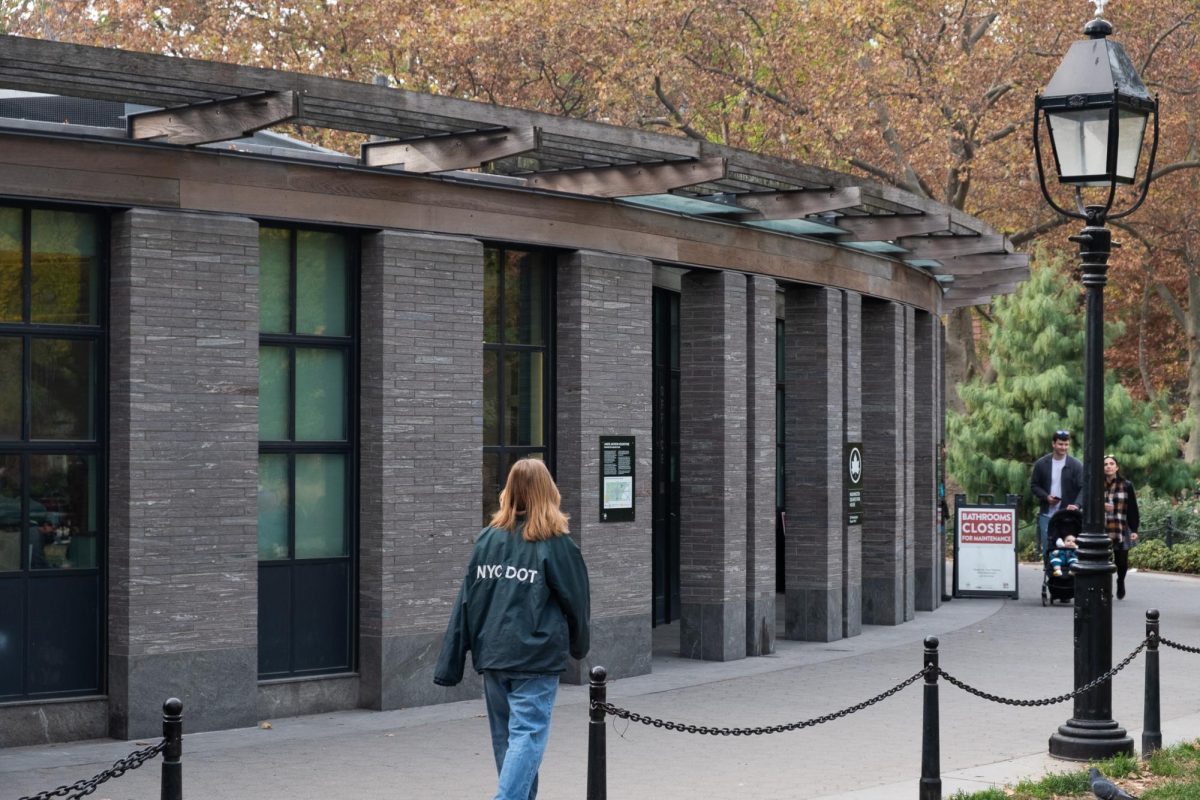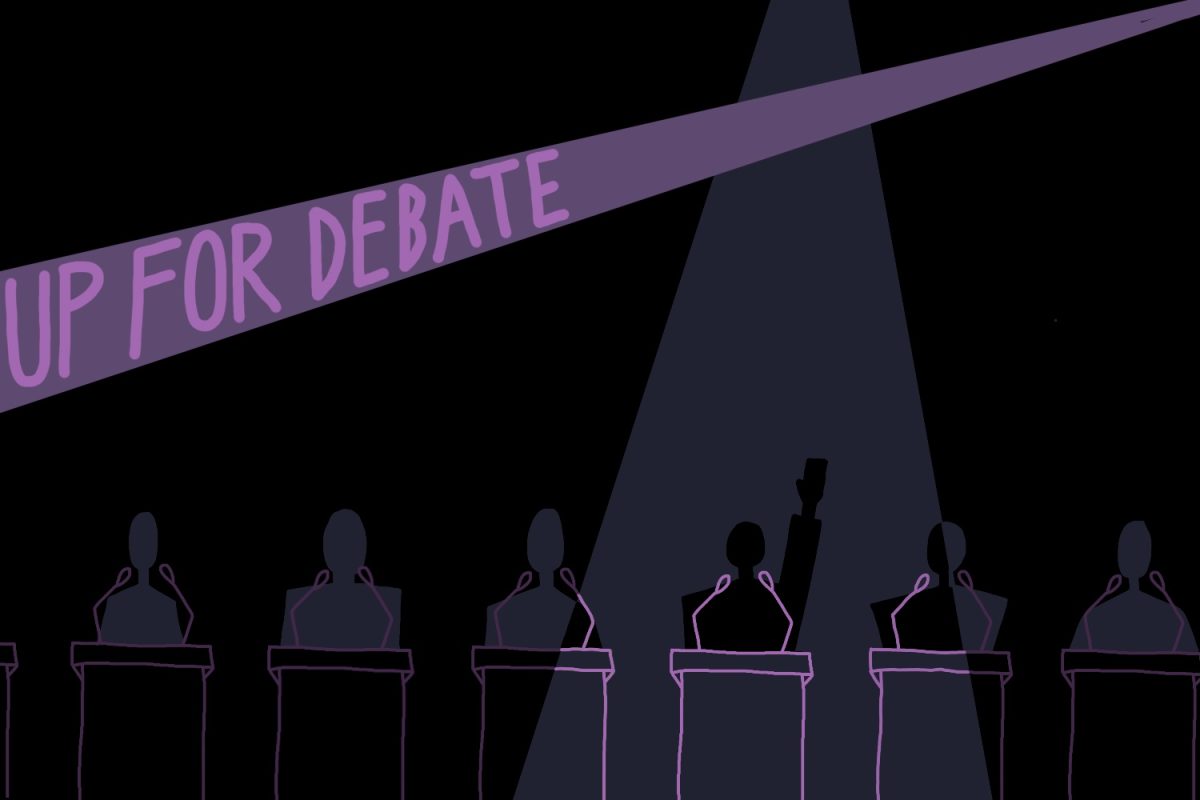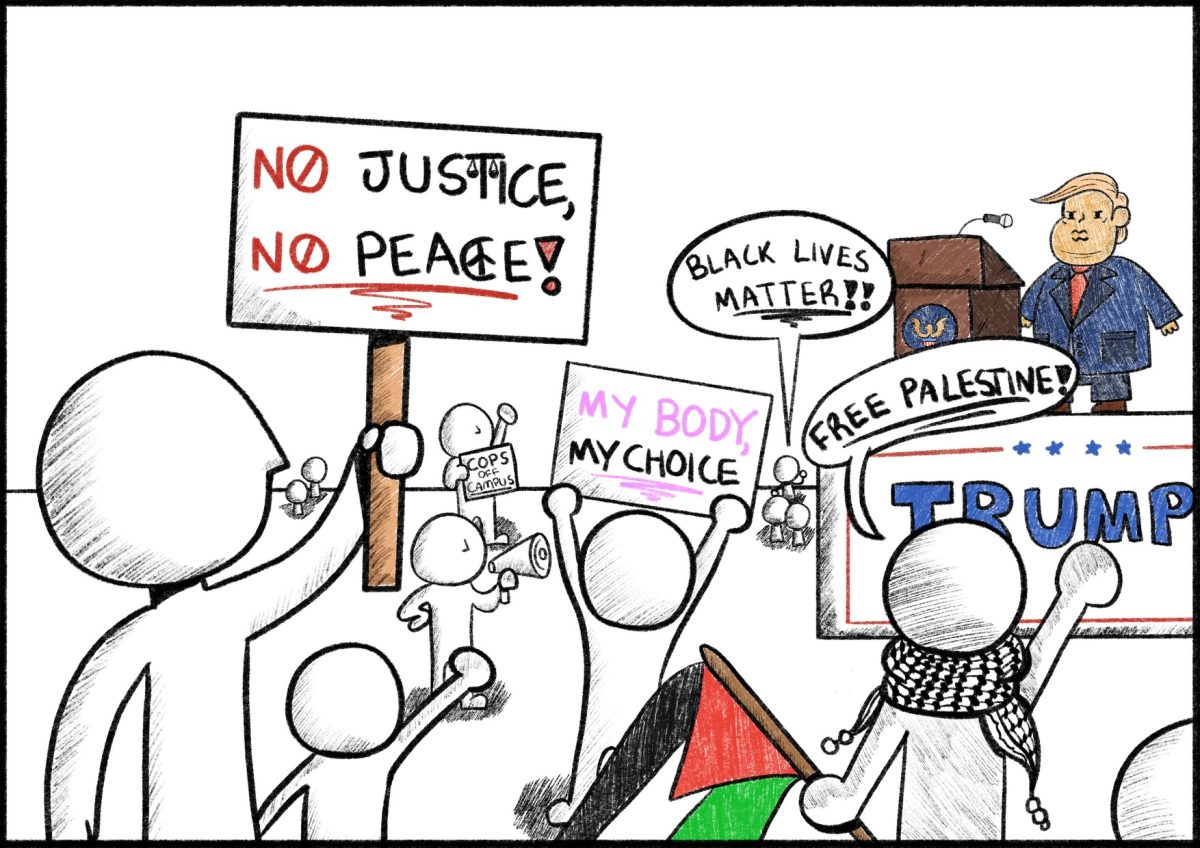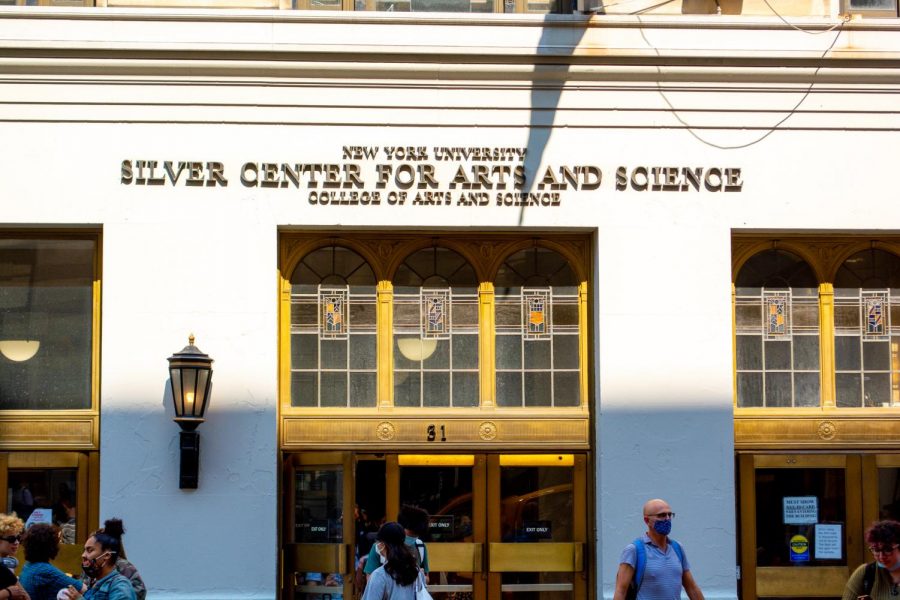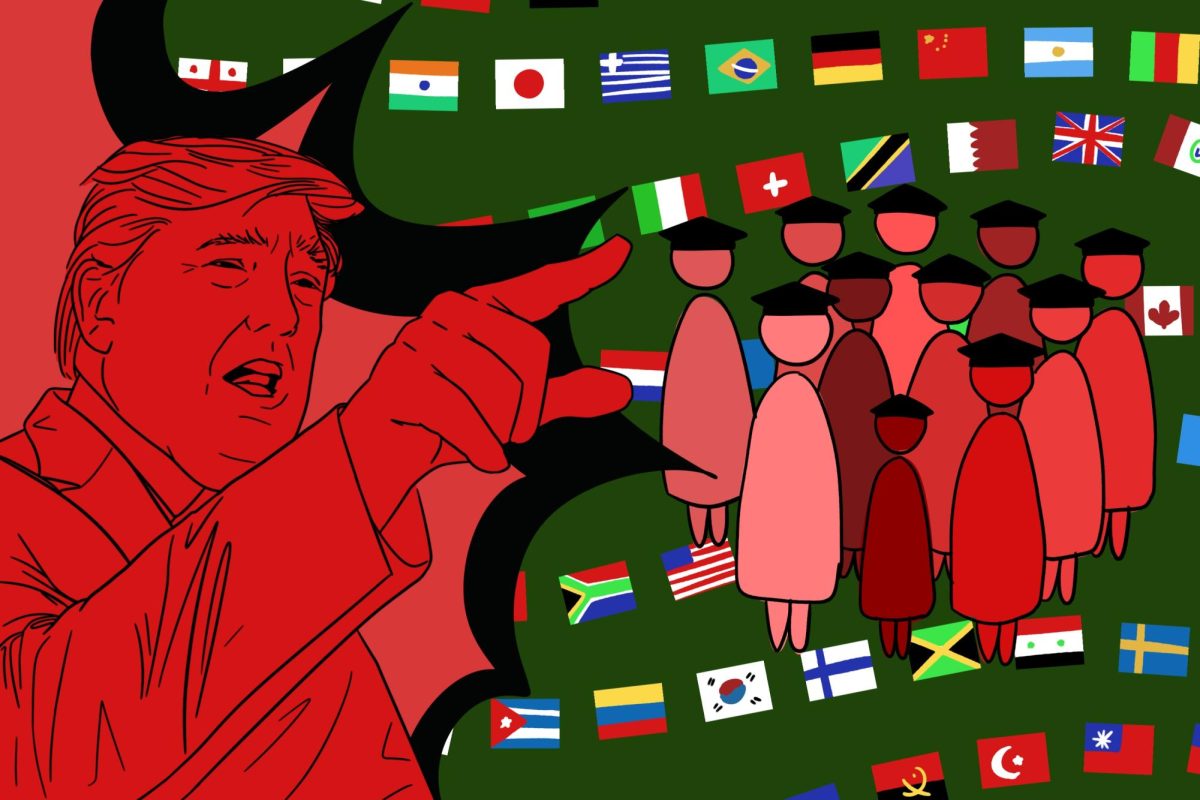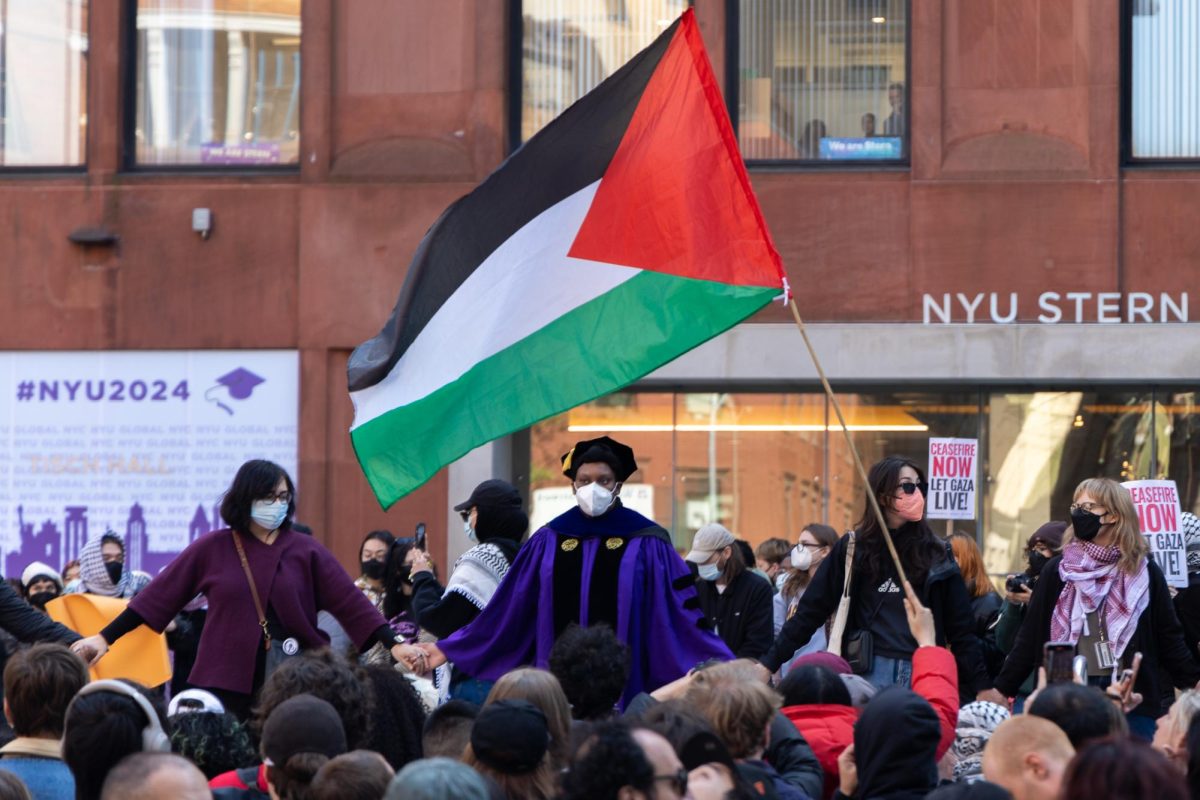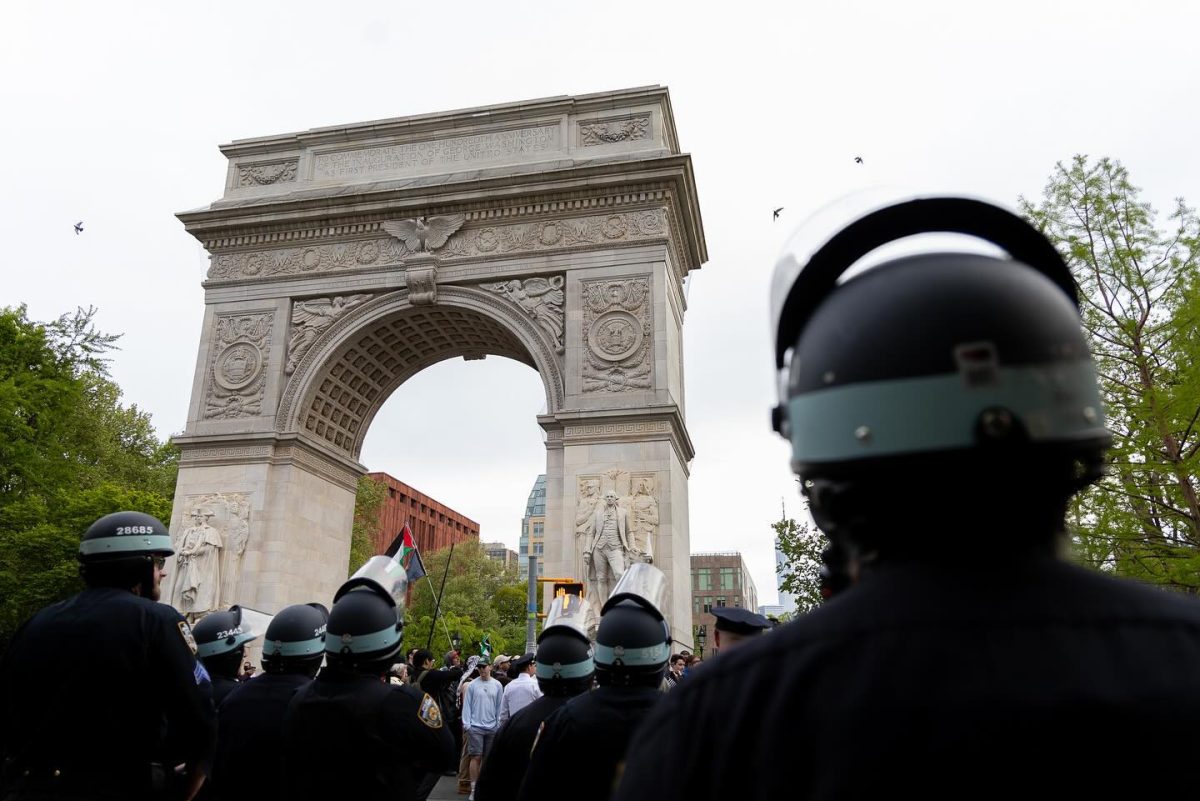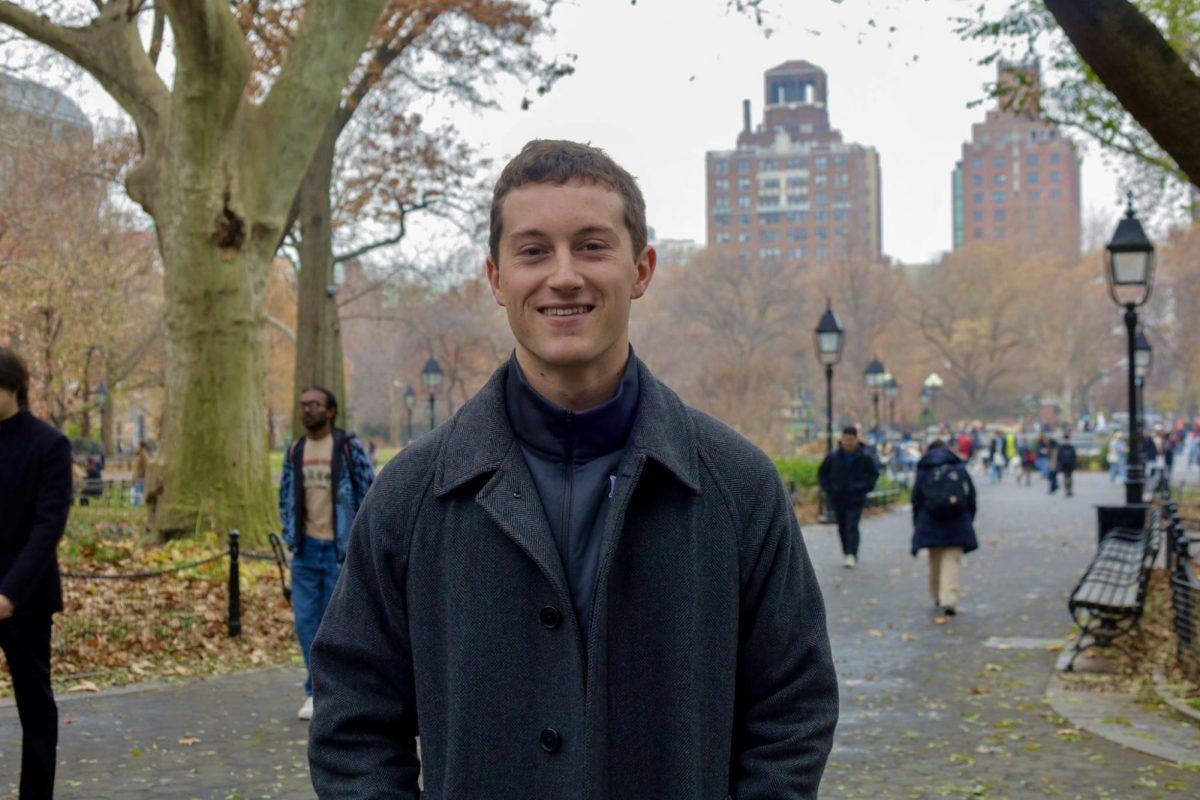The 2012 United States presidential election did not end on the night of Nov. 6. It carried into Wednesday and beyond. Hours before the candidates came to terms with their fates, the media had already declared a winner. The race to proclaim the victor seemed at least as intense as the contest between political campaigns. News programs reported breaking news every few minutes, flashing their projections of every state race. By the following morning, news abounded of the election results, as well as the reactions from prominent figures and political groups. Later in the week, reportage turned to more pressing issues like the fiscal cliff and the 2016 elections. This included speculation about Paul Ryan or Marco Rubio taking a stab at the next presidential race. As with the pre-election media hype, news agencies failed to report the most pressing issues in terms of focus and accuracy: namely, the fact that the election did not end until a full two days after the polls closed.
Florida’s inability to conduct smooth elections has become a national cliché. The election debacle of 2000 prompted a series of bipartisan laws ensuring improved voting practices. In recent years, Florida’s governor, Republican Rick Scott, has introduced a series of laws that have made voting an inaccessible and complex process. These rules have shortened early voting from two weeks to eight days, drastically shrinking a group of voters who overwhelmingly favored Obama in 2008. Lesser-known issues with voting involve the laws that determine how to register. Recent changes in this election cycle reduced the number of days that campaign workers can keep voter registration forms and the specific timing for processing them. The Obama campaign had a team of lawyers working constantly against many of these new voting laws. This conflict resulted in officials allowing voters to paradoxically cast absentee ballots in person.
This messy process resulted in some Floridians waiting over six hours in line to cast their ballots on Election Day. Citizens with disabilities received priority, which means that some of them only had to wait two hours. Their resolve to vote attests to their commitment to this country’s democratic process. The news media certainly attempted to break such resolve by announcing the election results only a few hours after polls closed. In reality, many Floridians cast their votes far after the official closing time, as late as 1:30 a.m. By this time, reporters had approached those in line to tell them of the election results. Not only did this wrongly imply that Florida’s votes would have no impact on the election, but pundits and politicians proclaimed a victor without taking into account the votes of citizens still standing in line. This not only disrespects their right to vote, but also undermines the ability to participate in the election process as a fundamental facet of freedom. This shameful episode in electoral history highlights two major concerns: the need for serious electoral reform in Florida and the misguided way that the media represents presidential elections.
Carlos Estevez is a staff columnist. Email him at [email protected].

